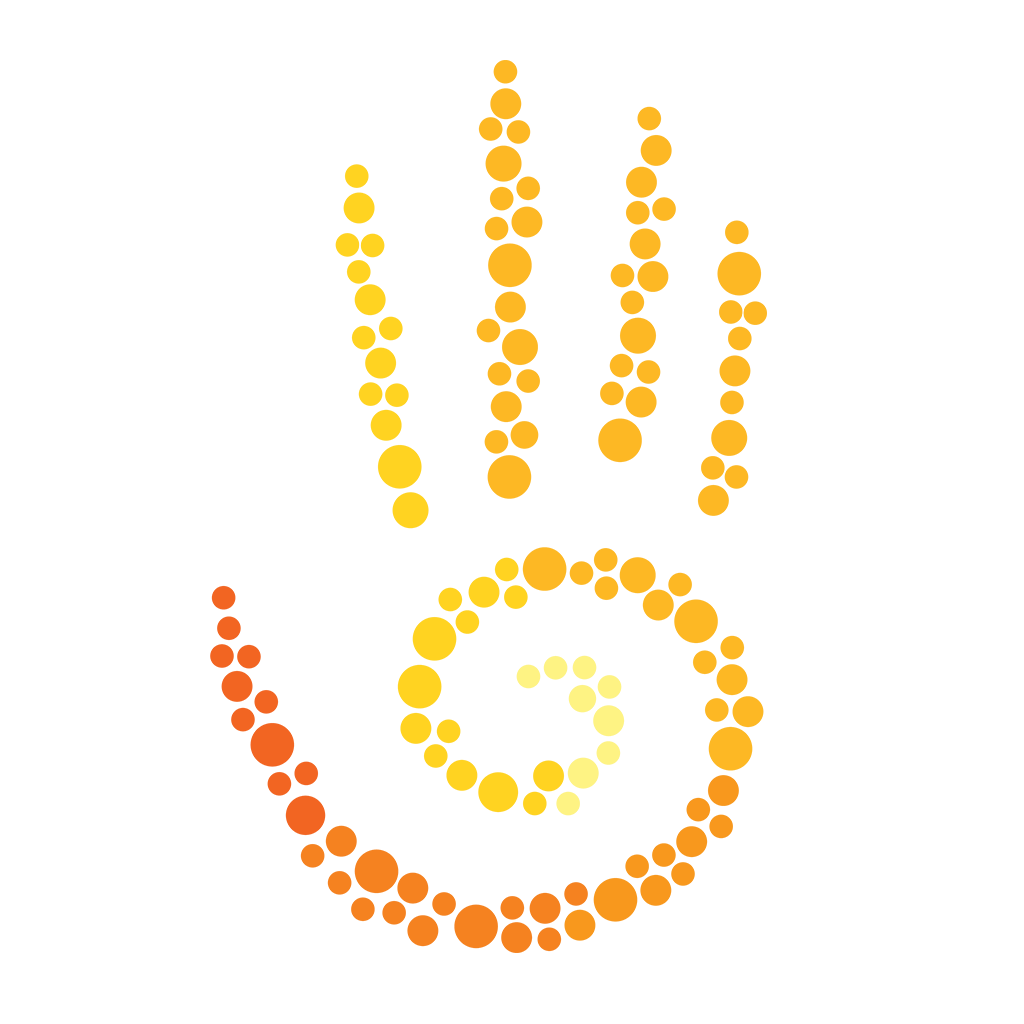What Can We Learn from the Last
“Worst Financial Crisis in History?”
(Written for Massage Magazine’s 35th anniversary edition, published ahead-of-print)
Til Luchau | Mar. 26, 2020 | Subscribe | Comments | Tweet This | ⭑⭑⭑⭑⭑

As I write this, COVID-19 has people in the USA beginning a process of social distancing of unknown duration, with estimates currently ranging from three weeks up to a year. Most massage therapists and bodyworkers have stopped seeing clients for now, and while some see it as a welcome break, many are concerned, anxious, or fearful about the future of their practices.
Practitioners are wondering about many things. How long will this go on? Will clients want (or be able) to come back for hands-on work? How will I cover my expenses in the meantime? How will this effect the longer-term demand for what we do?
Though the current challenges facing massage and hands-on practices are unique, past crises and difficulties, such as the 2008 financial crisis, have shown us a few things that might apply. After the 2008 financial crisis (arguably, “the worst in global history, surpassing even the Great Depression,” according to Ben Bernanke, the former head of the US Federal Reserve), we saw that:
● Many practitioners will need to find alternate sources of income, at least in the interim. There’s evidence that they’ll be happier with their practices as a result.
You’d think that massage therapist who took second jobs would be less happy with the size of their massage practices, but it’s actually the other way around, according to a large-scale survey of massage therapists in 2014. It showed that practitioners that had a second source of income were significantly more satisfied with both the size and quality of their practices overall, when compared to those who practices were their only source of income.
● Some practitioners will not return to hands-on work, but most will: those with adaptability, determination, and a focus on excellence.
A repeated lesson from crises and shocks is that the practices and employers that survive, and the field as a whole, will be stronger, more resilient, and more focused as a result of this painful but fruitful pruning.
● Some clients will stop coming, simply because they can’t afford to continue. Most will be back, and new clients will come.
Even the clients who need to stop will eventually return—they know the value of what you do, and will work it in to their lives as soon as they can. One of my clients, a successful real estate agent before the 2008 mortgage crisis, waited tables for a year after losing all her savings, and 100% of her own clients within 2 months. She bartered administrative help for occasional sessions with me for a year or two, but was back as a regular client as soon as her finances turned. Be flexible with your clients, and they’ll reward you with their loyalty.
It’s easy to forget that the most recent “epidemic” people were complaining about was the disease of over-busyness: no time to catch up, rest, reflect, connect, or plan. Now that the busyness-pendulum is swinging back, keep caring for your body, your skills, your relationships, and your spirit. Be patient, determined, adaptable. We’ll all be much stronger and better at as a result.

Live Workshop Schedule
Stay Up to Date With The Latest News & Updates
Get our Free
Techniques e-Letter
Don't miss an issue of the free Technique of the Week! Join our newsletter and receive updates right in your mailbox.
This Month's
Free Online Course
Our gift to you.
Includes CE, Certificate, and Extras.
Follow Us
Join us on FaceBook, Instagram, and Twitter for information, resources, and upcoming classes!


0 Comments